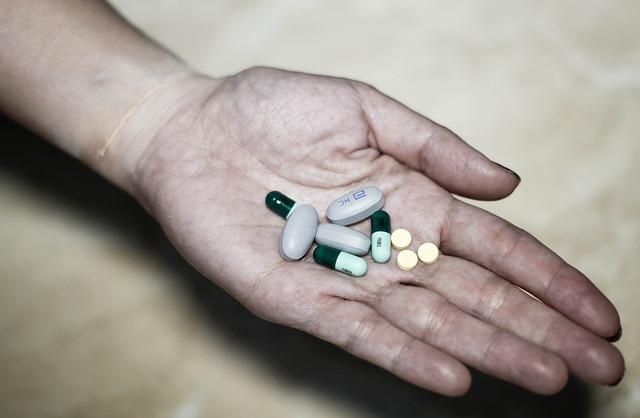NHSBSA releases latest Medicines Used in Mental Health data

The NHS Business Services Authority (NHSBSA) has released its latest report, ‘Medicines Used in Mental Health’, covering the period October to December 2022 of the financial year (Q4) for five main British National Formulary (BNF) groups of medicines: hypnotics and anxiolytics (for insomnia and anxiety treatment); antidepressants; drugs for dementia; drugs used in psychoses and related disorders; and central nervous system (CNS) stimulants and drugs used for attention deficit hyperactivity disorder (ADHD).
The NHSBSA is an arm’s length body of the Department of Health and Social Care, managing over £39 billion of NHS spend annually, delivering a range of national services to NHS organisations, NHS contractors, patients, and the public.
Mental health is a key area of the NHS Long Term Plan published in 2019. Of the key findings in the 2022 Q4 report - based on community prescribing, and excluding hospitals and prisons - it was recorded that 21.7 million antidepressant ‘items’ were prescribed to an estimated 6.59 million identified patients. ‘Items’ refers to individual drugs or inhalers on a prescription form, whilst a ‘prescription’ form can include multiple medicines on it.
There was an increase of 6.28% in the prescription of CNS stimulants and drugs for ADHD to 646,000 items, whilst prescribing of drugs for dementia items remained below expected values based on pre-pandemic trends.
Antidepressants remained the section with the largest number of identified patients and items prescribed, and there were small increases compared to the previous quarter, including for antipsychotics prescribing.
The only group to show a decrease in prescribing during Q4, though, were hypnotics and anxiolytics, but identified patients remained above one million. However, all drug groups saw a small decrease in both items prescribed and identified patients from November to December 2022 – the first instance of a decrease during that portion of the year since 2018.
Nonetheless, for the purposes of the report, the medicines were classified only by their main usage, rather than including for prescriptions for other purposes, such as the prescribing of antidepressants for chronic primary pain management in some patients.
Besides medicines, earlier this month NICE recommended eight digital therapies (DTx) for mental health disorders, continuing a drive by the health technology assessment (HTA) agency to review treatment options for patients that can relieve pressure on the NHS. One in six people report experiencing a common mental health problem - such as anxiety and depression - in any given week in England, according to NHS Digital.
Meanwhile, in January digital therapeutics company Woebot Health announced enrolment of the first patient in its pivotal clinical trial to evaluate the safety and efficacy of WB001, an investigational therapeutic for postpartum depression (PPD), granted Breakthrough Device designation by the US Food and Drug Administration (FDA) in 2021.
And, alternatively, In November 2022 it was reported that the psychedelic compound in magic mushrooms – psilocybin – can improve the symptoms of severe depression, according to a phase 2 trial investigating a single administration of Compass Pathways' proprietary Comp360 formulation of synthetic psilocybin given in tandem with psychological support to 233 patients with depression who had not responded to antidepressant drugs.
Image by Reggi Tirtakusumah, sourced from Pixabay.













